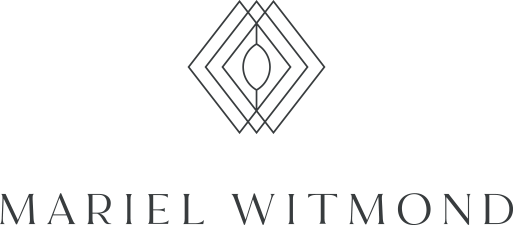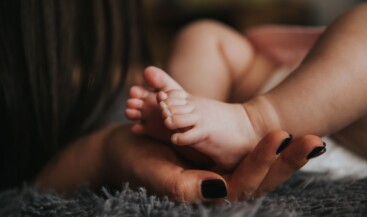I’ve been thinking a lot about people pleasing and boundaries. About how lost I felt growing up because I was always searching for a definition of myself, outside of myself. A friend shared a post recently that talked about the difference between being nice and being kind, and how they relate to pleasing and boundaries. We use these words interchangeably but they hold significant differences in how they impact our wellbeing.
When we are taught to be nice, we are shown to selflessly put the needs of others before our own – often losing our self in an effort to please. Kindness is more intentional and comes from within; a characteristic that stems from our essence. Nice is our attempts at being agreeable or creating a favourable impression in order to be liked. Kind is our ability, not to put others before ourselves, but to put ourselves in their shoes from a place of compassion and benevolence, wanting what is best for both them and us.
I’ve realised that we people please with the expectation of a “return” for our efforts at being perceived as amiable, whereby kindness is unconditional. Sometimes kindness is about speaking the hard truths, not always giving people what they want to hear – and that goes for ourselves too. So often we conform our behaviour to what society implies is correct and our need to please negates the healthy boundaries that keep us from abandoning ourselves for the sake of others.
Having poor boundaries often stems from a neediness and codependency for the people around us. It relates to low levels of self esteem and respect, and a need for external validation of our self worth. Without boundaries and a healthy self esteem, it can be hard for us to form strong identities of ourselves – and is why we attach ourselves to our roles, to our relationships, and to our belongings.
Loose boundaries also lead to disconnected relationships and feelings of being misunderstood and taken advantage of. We need to tune into our feelings and learn to understand our limits so that we can stand up for ourselves. When we have more insights into our emotions, we can then have better control over our behaviour.
I’ve recently been reading “Untamed” by Glennon Doyle (up there with my favourites!), which is full of valuable anecdotes on how we lose ourselves the moment we are taught to please, and how our conditioning and behaviour are witnessed and absorbed by our children. She writes that our call (especially as mothers) is less to be a martyr and more to be a model. This isn’t just a mantra for motherhood but for life! To be selfless is not to give up your self. It’s doing things without expecting a return. It’s being kind; authentic, sincere, with healthy boundaries – not just for the sake of being perceived as “nice.”
Confidence stems from being kind to ourselves first and foremost; learning to tackle the negative voices in our heads and need-to-please tendencies. Our ability to set boundaries, gain confidence, and be real is often a process of unlearning old beliefs and creating practices that support new habits and ways of thinking. Like it or not, it takes work. But “beauty” is in the eye of the beholder: you can choose whether or not to get excited and see the beauty in this work.
I don’t know about you, but I’m excited.





